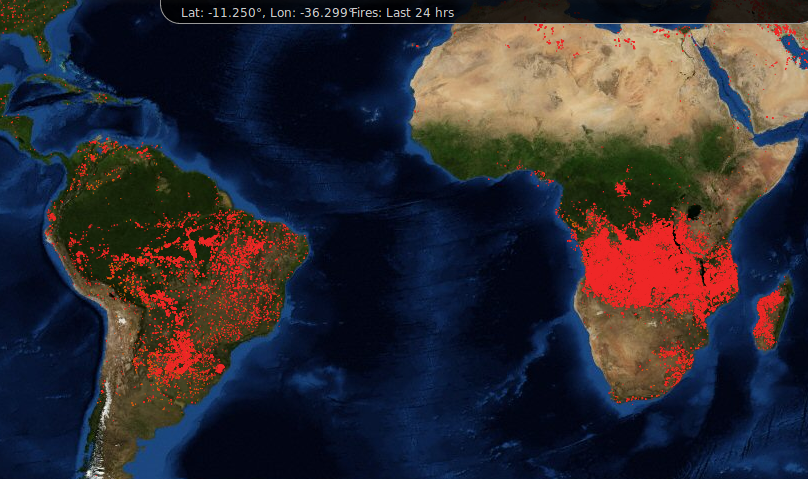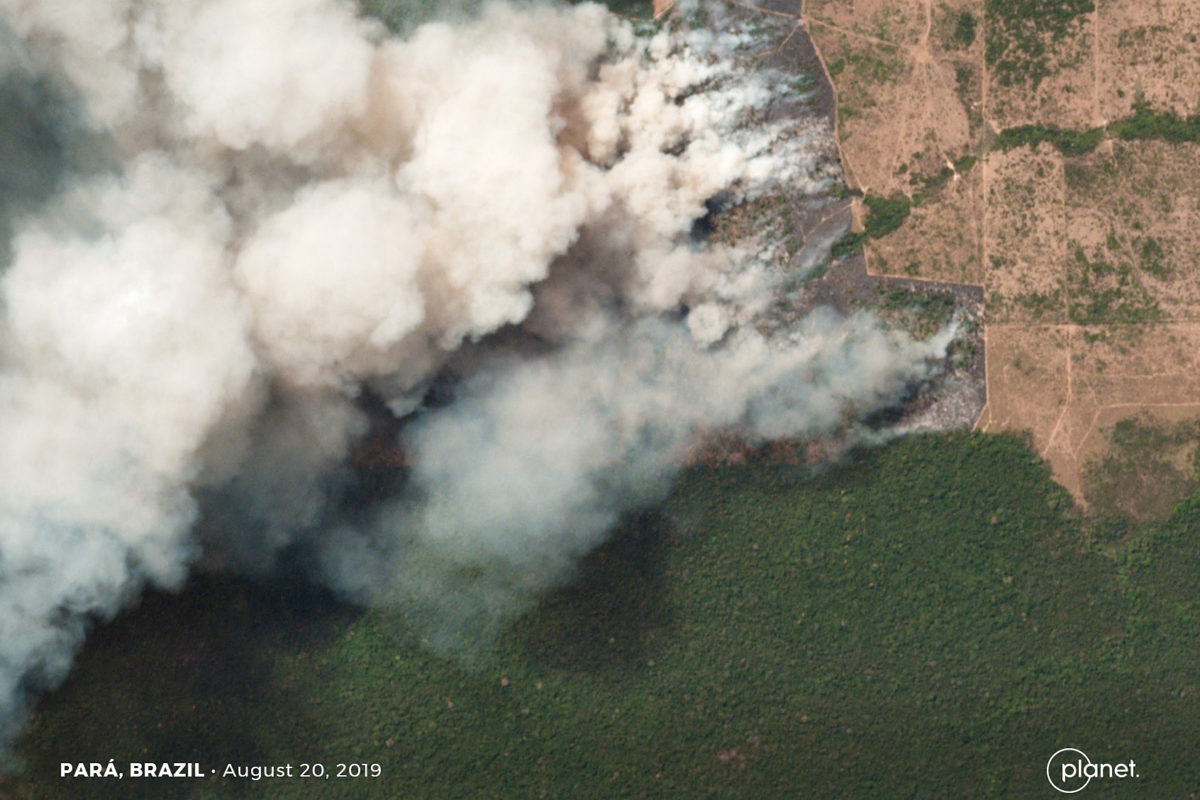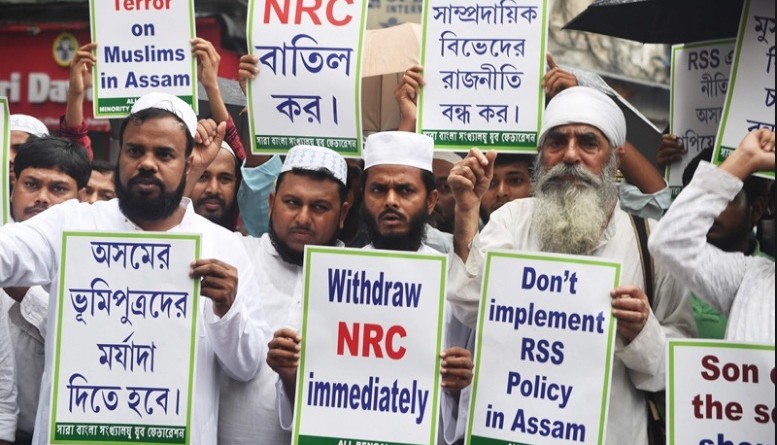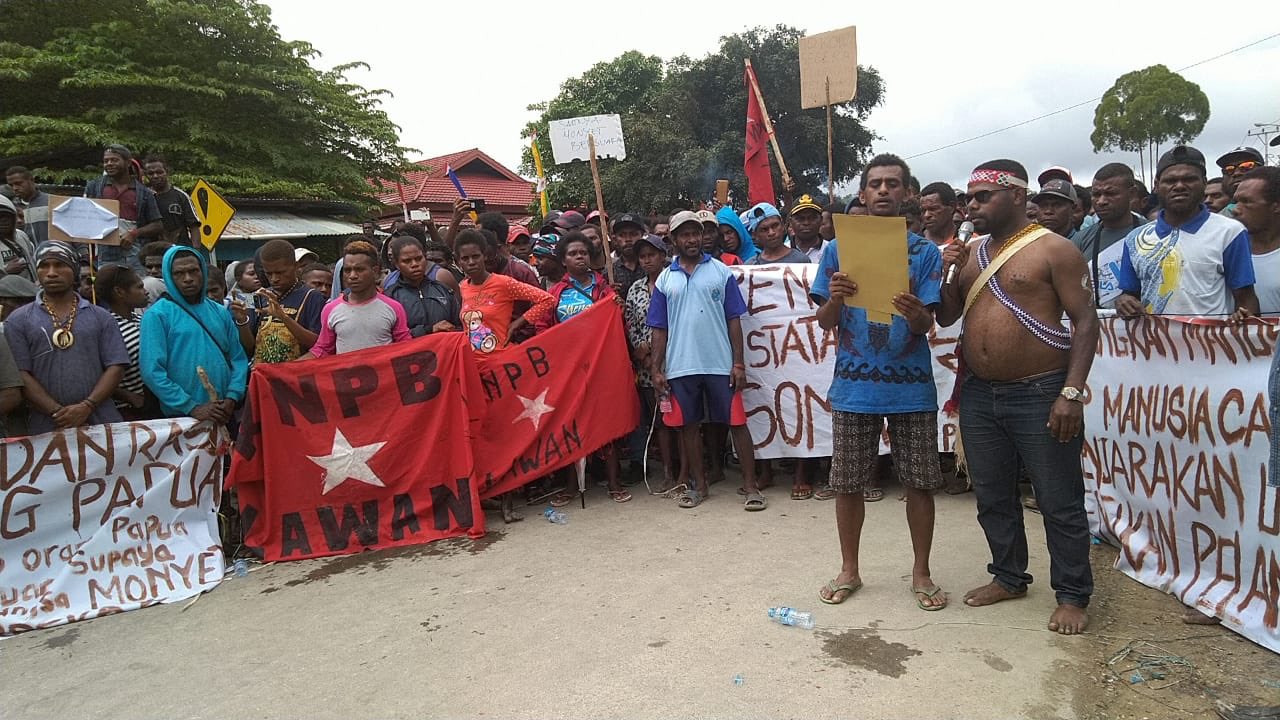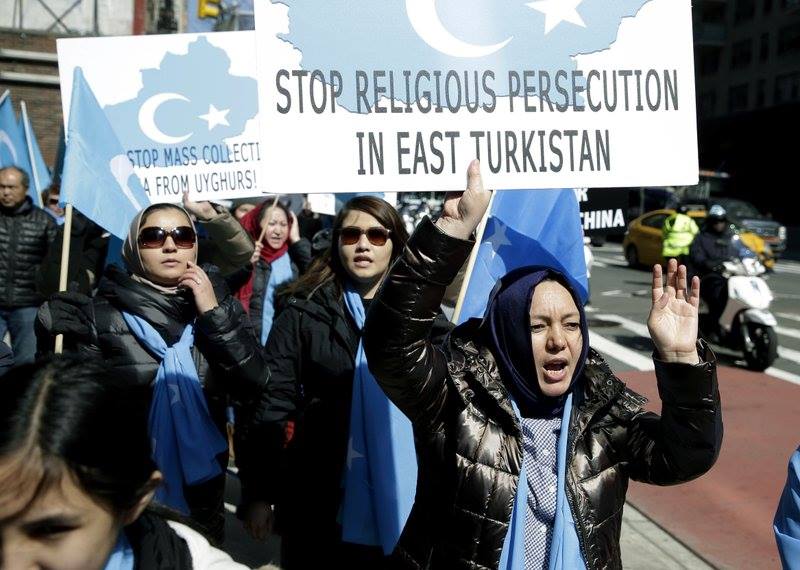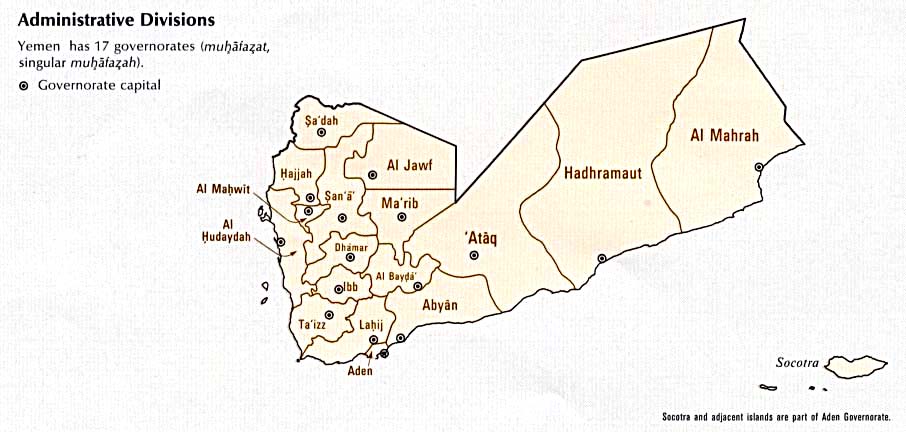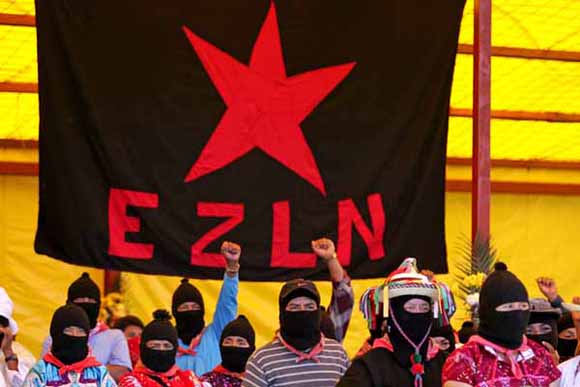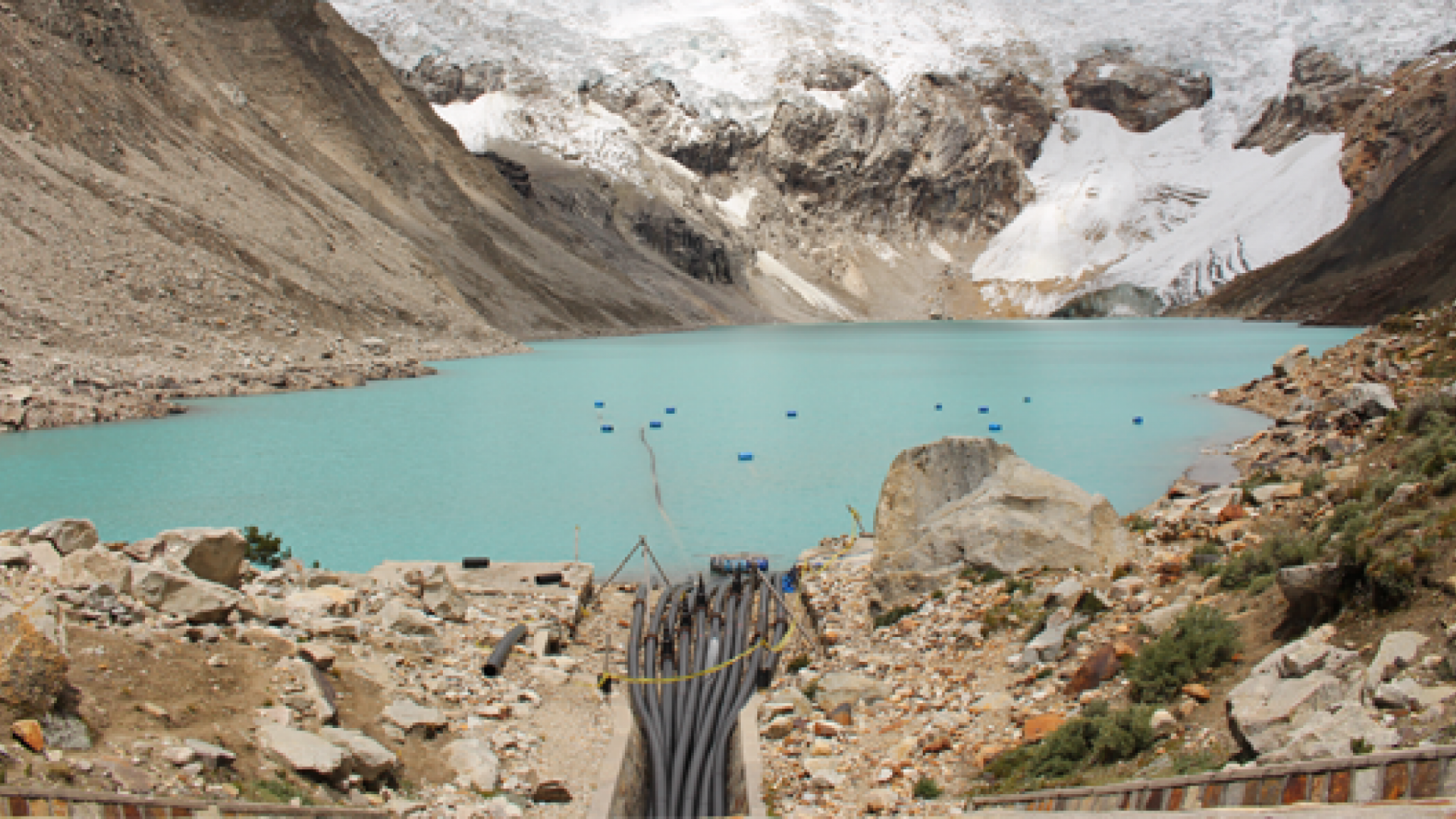India, China mirror each other in Islamophobia
Well, this is grimly hilarious. Genocide Watch has issued two “warning alerts” for India—one for Kashmir and the other for Assam, with Muslims held to be at grave imminent risk of persecution and mass detention in both. Pakistan’s semi-official media are jumping all over this news, which is hardly surprising. But Pakistan is closely aligned with China due to their mutual rivalry with India, so it is also hardly surprising that Pakistani media have failed to similarly jump on the Genocide Watch report on the Uighurs of Xinjiang—despite the fact that the group categorizes the situation there as “preparation” for genocide, a more urgent level than “warning.” China itself has issued a protest to India over the situation in Kashmir. Delhi shot back that Kashmir is an internal matter. Beijing has been similarly dismissive of India’s protests over the mass detention in Xinjiang. (Photo via Bitter Winter)




